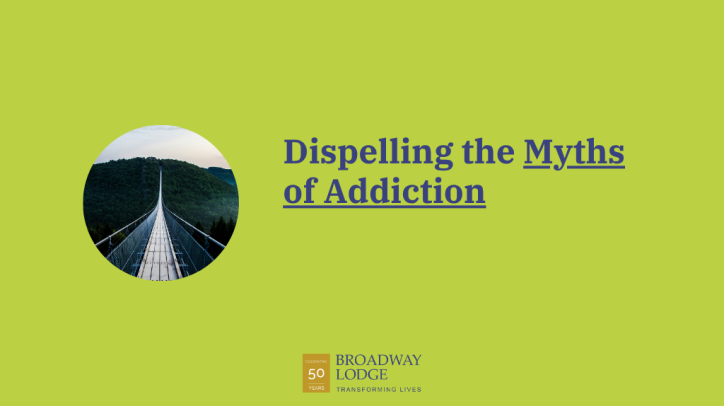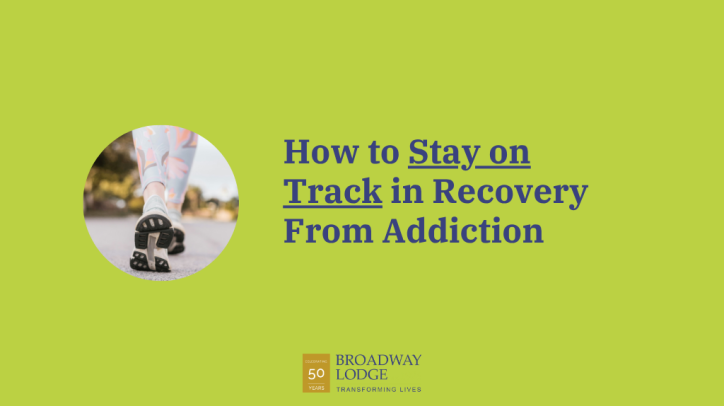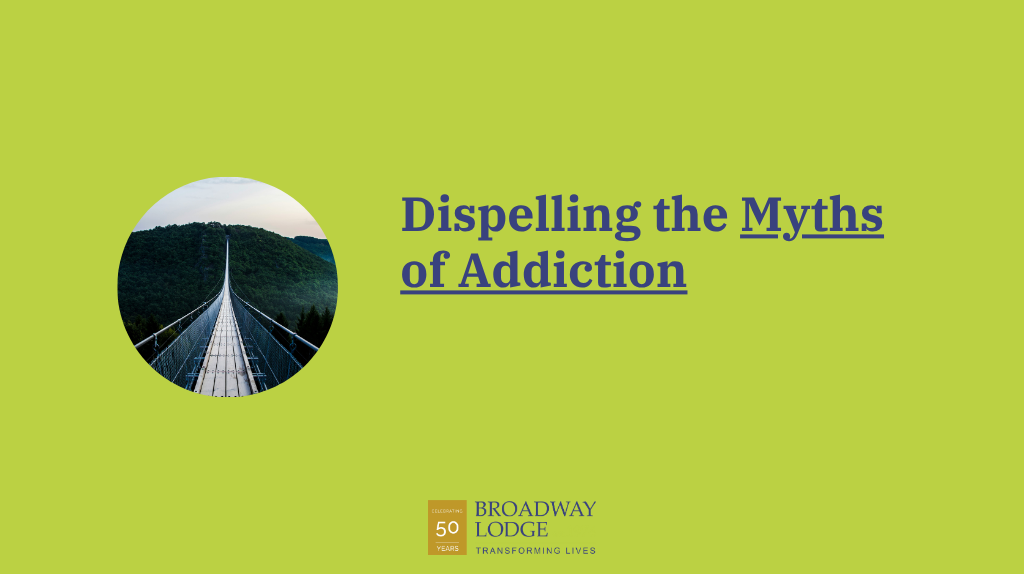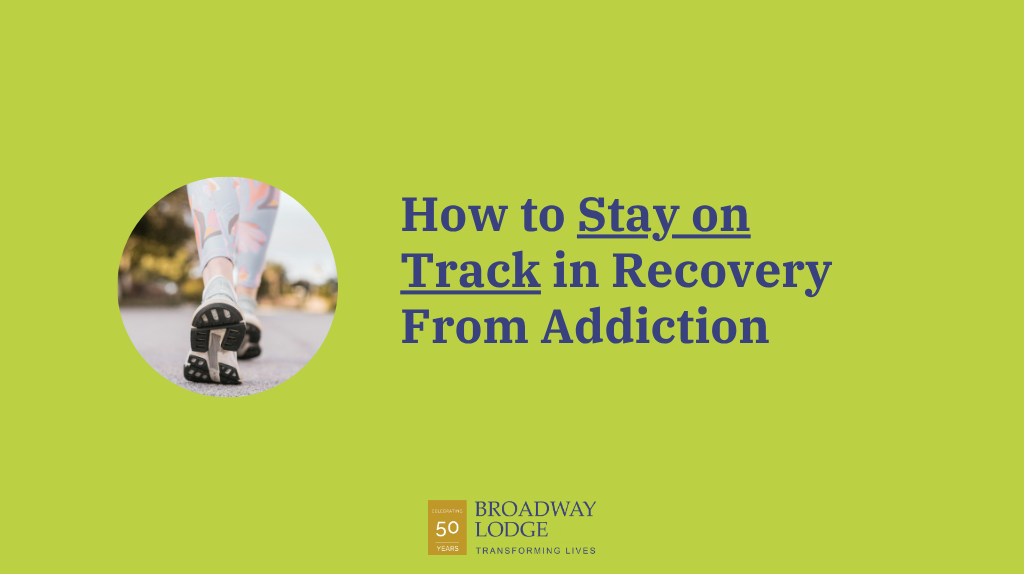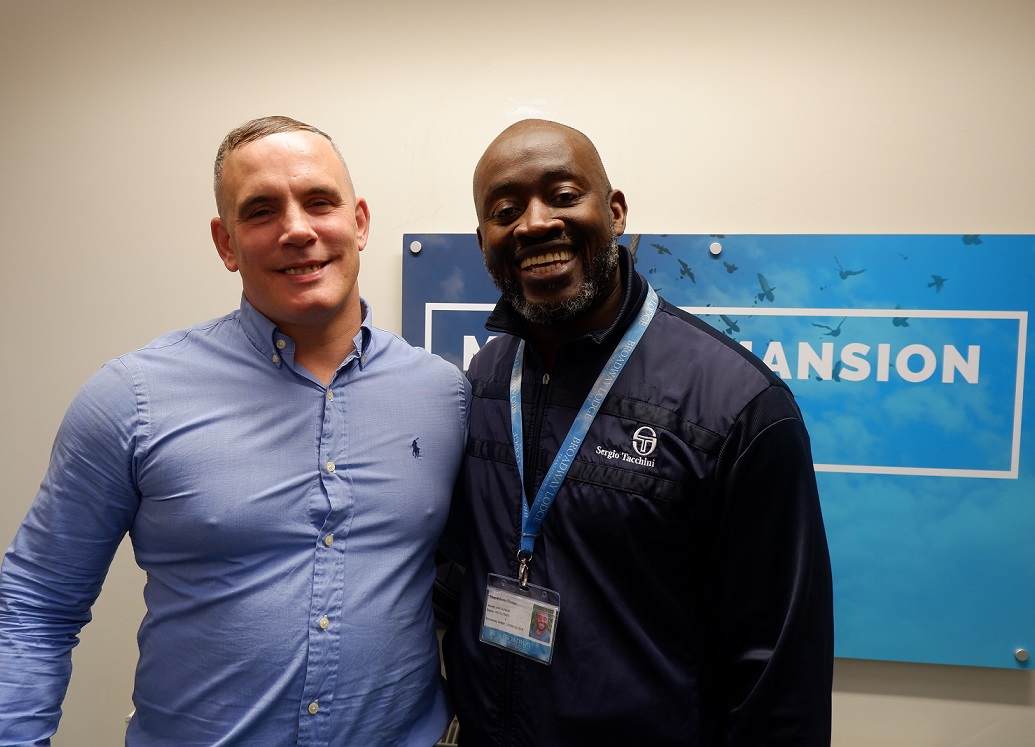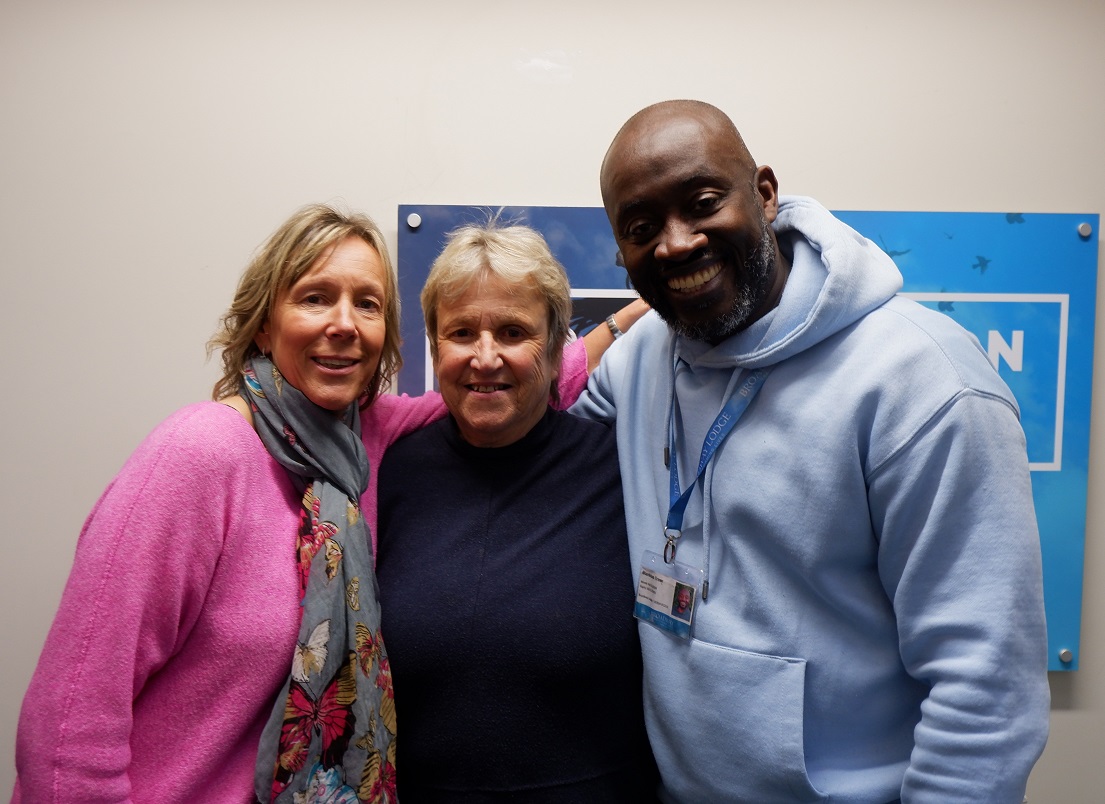Next month, from 1st – 7th March, it’s Eating Disorders Awareness Week which is led by UK-based eating disorders charity, Beat Eating Disorders.
As a treatment centre for addiction, we see many clients who suffer with substance abuse problems who have a co-existing eating disorder, and the link between these two illnesses is stronger than you may think. Research by the American charity, National Eating Disorders Association, has found that up to 50% of people with substance abuse issues also suffer with bulimia nervosa, and 25% also suffer with binge eating disorder. With this in mind, we want to support Eating Disorders Awareness Week by sharing some information about eating disorders and recommendations for where you can seek help and support if you or someone you know has an eating disorder.
What is an eating disorder?
An eating disorder is a complex mental health problem that can affect people of all ages, genders, ethnicities and backgrounds. Eating can be a very difficult relationship for the individual and one that sometimes close family and friends struggle to understand or even empathise with. It can develop in different forms whether it involves eating too much or too little, or becoming overly obsessive about weight and appearance. Eating disorders aren’t all about a problematic relationship with food, they’re also about how you feel about yourself, how you cope with your feelings and other deeper factors. People with an eating disorder will often use eating behaviours as a way to cope with difficult situations or feelings.

According to the charity Beat Eating Disorders, around 1.25 million people in the UK are believed to have an eating disorder, with around 89% of those affected being female and 11% male. Like other addictive behaviours, eating disorders are an illness associated with secrecy and denial, which prevents suffers from coming forward and seeking help. Consequently many people remain undiagnosed and are at risk of further serious illness.
Some of the most common eating disorders are:
Anorexia Nervosa (Anorexia): To keep their weight low, sufferers may not be eating enough food.
Bulimia Nervosa (Bulimia): Sufferers may ‘binge’ on food in a short time and then rid themselves of it by being sick or using laxatives.
Binge Eating Disorder (BED): Individuals regularly lose control of their eating, ingesting too much food and then feeling guilty, depressed or ashamed. This disorder is typified by secrecy and planned binge eating.
Other Specified Feeding and Eating Disorder (OSFED): This is where an individual suffers with a mixture of symptoms of different eating disorders.
You can read more about these different eating disorders and the signs of each on the Rethink Mental Illness website here.
Eating problem or eating disorder?
Many of us experience times where our eating habits change. We might eat less or more when we’re bored or going through an emotional time for example. Or we may consciously manipulate our food and nutritional intake in order to lose weight or because of societal pressures. Although these eating behaviours may be outside of our usual eating habits and classed as ‘disordered eating’ if they’re practiced on a regular basis, it doesn’t necessarily mean you have an eating disorder. However, disordered eating can lead to an eating disorder diagnosis. With an eating disorder, the frequency and severity of behaviours becomes more intense, and the individual will be obsessed with food and eating patterns.

Signs you may be suffering with an eating disorder:
- Self-worth based highly, or even exclusively, on body shape and weight
- Continuously worrying about your body shape and weight
- Avoiding meeting friends when you think food will be involved
- Eating too little
- Trying to make yourself sick after eating
- Exercising excessively or strict adherence to a rigid exercise routine
- Having very strict habits with food
- Obsessive calorie counting
- Hiding food or concealing what you’re eating
- Feelings of guilt or shame that are associated with food or eating
If you’re suffering, it’s important that you know you are not alone. If you feel isolated, or think no one will take you seriously or listen to you, it may help you to look at recovery stories from people who themselves went through an illness you’re experiencing, and are now on a recovery journey which is possible for you too.
You can read various different first-hand accounts from people who suffered with an eating disorder on the Beat Eating Disorders website here.
In addition, Mind created a short video featuring four people talking about their experience of having the illness which you can watch below.
What can cause an eating disorder?
There is no definitive cause for an eating disorder and what one person may identify as a trigger or cause, for another person the trigger may be something else entirely. However, an eating disorder is considered as a serious and complicated mental health illness that develops from an interplay of biological, psychological and environmental factors.
The NHS lists some factors which may increase the likelihood for developing an eating disorder, including:
- If you or a member of your family has a history of eating disorders, depression or alcohol or drug addiction
- If you have been criticized for your eating habits, body shape or weight
- If you’re overly concerned with being slim, particularly if you also feel pressure from society or your job e.g. dancers, jockeys, models or athletes
- If you have anxiety, low self-esteem, an obsessive personality or are a perfectionist
- If you have been sexually abused
Getting help for an eating disorder
It’s not uncommon for people with an eating disorder to conceal it as much as possible from everyone around them and like an addiction, it takes a lot of courage to ask for help. But asking for help is an important and positive step, because it is the fundamental step for starting your recovery and treatment process. It’s really important to seek the support of professionals because specialists will be able to help you to change your relationship with eating. If left untreated, the eating disorder can cause potentially serious consequences and it’s unlikely that the illness will improve on its own. The earlier that treatment is sought, the better your chances of recovery.
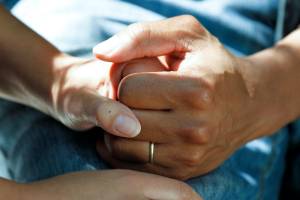
Your GP :
Seeking professional support from your GP is highly recommended as your first port of call and they may be able to refer you to an eating disorders specialist. It’s completely normal to feel a lot of anxiety about speaking to someone else about what’s been happening but professionals will be able to understand what’s going on for you and give you the support that you need. You can download a GP leaflet from the Beat website here which has been designed to take along to your first GP appointment to help you to get a quick referral.
If you’re a relative or close friend of someone suffering then it’s recommended that you encourage your loved one to make the brave step of speaking to their GP.
Beat Eating Disorders:
The Beat Eating Disorders website has a wealth of information, tips and advice for people suffering with an eating disorder and for friends and loved ones. If you click the following link, it will take you to a page which outlines places where you can get help if you’re struggling with an eating disorder but there is also a plethora of more in-depth information on this fantastic resource: www.beateatingdisorders.org.uk/support-services
Beat also have a helpline you can call for a confidential chat: 0808 801 0677
Mind:
Alike Beat, Mind is a charity that offers a huge array of information about mental health illnesses on their website. You can explore the section dedicated to eating problems and eating disorders by clicking here.
Overeaters Anonymous (OA):
For anyone suffering with an active eating disorder, Overeaters Anonymous is another resource you can consider for getting support. It’s a fellowship of men and women who are either suffering with an eating problem, or who are in recovery and engage with other members to give support and stay on track with their own journey. As noted on the OA website, “the only requirement for membership is a desire to stop eating compulsively. This may include compulsive overeating, under eating, dieting, starving, over exercising, vomiting, laxative abuse or any other of a number of symptoms…whatever your problem with food, you are welcome in OA.” Usually there are group meetings where you can come together to feel less alone, listen to others and gain hope. The OA website provides information, reading suggestions and a facility to search for a group in your local area (although group meetings may be held virtually during the coronavirus pandemic).
Visit the OA website here.
Private Therapy:
A private therapist who specialises in eating disorders can offer one to one counselling sessions that will help you to begin to heal. They will engage with you in confidence to help you understand the cause and triggers for the eating disorder behaviours and look at new ways to cope with the difficult experiences that drive your behaviour.
Addiction & eating disorders
It is a sad reality that people can suffer from eating disorders as well as being addicted to harmful substances such as alcohol and drugs. The relationship between an eating disorder and addiction can be a complex one with each disorder affecting the other in a negative downwards spiral. It is important to know that help is available.
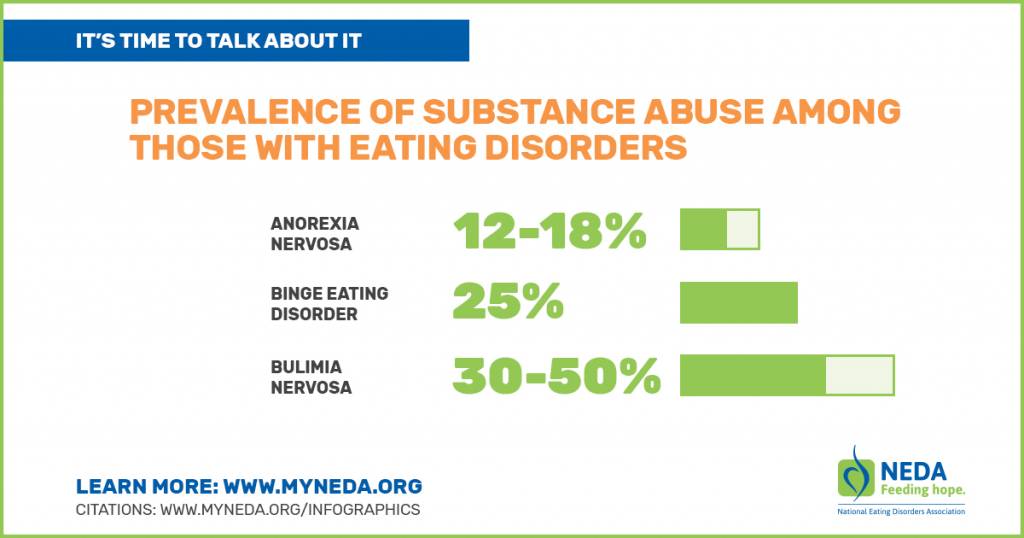
Broadway Lodge can support clients who have a mild eating disorder that co-exists alongside a primary addiction to alcohol, prescribed or illicit drugs, gambling, gaming or sex addiction. We support dual diagnosis clients to rebuild a healthy relationship with food and our dedicated team of specialist counsellors will help you explore your feelings and behaviours to guide you to a more positive place and healthier life.
Other organisations where you can find support and information about eating disorders include:
Rethink Mental Illness – www.rethink.org
Anorexia & Bulimia Care (ABC) – www.anorexiabulimiacare.org.uk
Eating Disorders Support – www.eatingdisorderssupport.co.uk
NHS – www.nhs.uk/conditions/eating-disorders/



